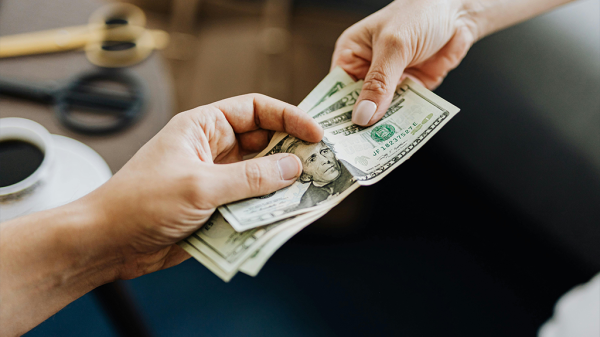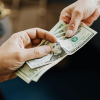Am I faking it until I make it, or have I finally arrived?
To provide some insight, I currently live in Okinawa, Japan. Living on this tiny island in the Pacific means I have three to five hours in the morning here to communicate, collaborate, and work with family, friends, and colleagues in the United States. Most mornings, I do what every ‘expert’ discourages, and the first thing I do is check my texts, work messages, and Facebook messages. Bleary-eyed and fuzzy-headed, I begin planning responses, engaging, and organizing my day.
Today when I awoke, I had a message asking what tagline would be appropriate for me. Graciously, there was an example to guide me, but I immediately struggled to define myself. Am I an expert, a scholar, the Great and Powerful Oz? Do I really believe I have the qualifications to describe myself as an expert? As someone who focuses on empowering and encouraging others to own their accomplishments and achievements, I felt like a charlatan as I could not quickly or confidently produce a few words that described me. How was this happening to me?
Imposter Syndrome.
Gill Corkindale (2008) describes imposter syndrome “as a collection of feelings of inadequacy that persist despite evident success” in her Harvard Business Review article. She continues her description by explaining that these feelings are linked to perfectionism among high-achieving people. Seemiller and Priest (2015) explain that imposter syndrome is linked to our identity and the interpretation of credibility and confidence.
Does a person believe they are legitimate? Do others recognize that legitimacy?
Clearly, someone had seen me as legitimate enough to request a tagline; however, my perfectionist, high-achieving self still did not quite believe I was qualified. This feeling is not unique to me. The pressure to achieve and the desire to be seen in specific ways are common in most fields and among many people. Recognizing I am not the only person who feels this way, I began researching best practices to overcome and address imposter syndrome.
The Seemisller and Priest article discussed seeking support, being kind to yourself, and visualizing success; however, these suggestions did not address how I felt. These strategies make sense as methods to prevent the feelings, but I needed something to address the feelings at the moment. Then I found Kirsten Weir’s article on the American Psychological Association’s website, “Feel like a fraud?”.
Yes, Yes, I do!
Wier’s article discusses the pressure to perform and provides practical ways to address imposter syndrome, including recognizing your expertise, remembering what you do well, and talking to your mentors. I love that recognizing your expertise and remembering what you well are things each person can do without communicating with others. Mentors are amazing, and I would also recommend finding a personal hype person. This person is a person you know you can count out to reinforce the awesomeness that is you. This person may be a friend, mentor, colleague, or person who supports you on the internet.
Use your network if you cannot readily think of someone who already fills or could step into this space. Ask friends and colleagues. Post on your Facebook and/or LinkedIn asking people what they think you are good at and your strengths. The answers may surprise you. Use the answers as an opportunity to connect with others. Also, bookmark the answers to have a readily accessible reference to remind you that you deserve your success when the imposter feelings appear. You have done the work. You have acquired expertise. You are more than capable of doing what is next. You are not faking it. You are making it happen every day.
Kaelin Peterson has a B.A. in Political Science, an MBA, and is currently pursuing an EdD in Performance Improvement Leadership. She currently works as faculty for a non-traditional university focusing on traditionally underserved student populations while also volunteering with a focus on leadership development, values-based leadership, and change management. When not working or doing school work, Kaelin enjoys discovering new foods, quiet spaces, and spending time with her husband and dog.











































